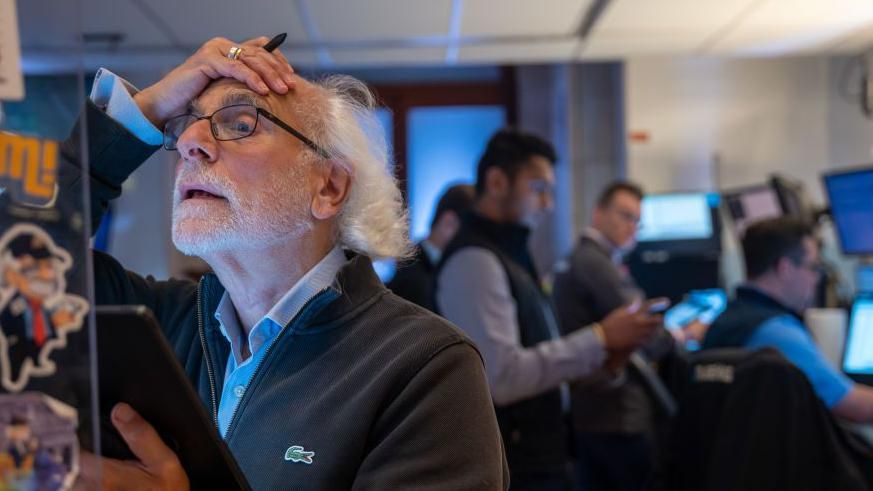The World Health Organization (WHO) has stirred controversy in the health sector by raising alarm, that artificial sweeteners, which are included in items like chewing gum, toothpaste, and soft drinks, among others, may increase the risk of cancer.
Cancer Research UK asserted that artificial sweeteners such as aspartame and others do not cause cancer, despite yesterday’s WHO warning that they may do so when used in products like fizzy beverages, chewing gum, and low-calorie foods.
According to insiders, the WHO reclassified aspartame as “possibly carcinogenic to humans,” as reported by The Guardian.
The global agency noted that its conclusion follows a major safety review of artificial sugar replacement in 1,300 studies.
But the International Agency for Research on Cancer (IARC) in a contrary opinion argues that “the dose makes the poison.”
A report, first published by Daily Mail UK, listed some products containing aspartame that entered the market in the 1980s as Diet Coke, Dr Pepper and Fanta, as well as extra chewing gum and Muller Light yoghurts. Some toothpaste, dessert mixes and sugar-free cough drops.
Meanwhile, the report of the global agency has sent showers into the food manufacturing industry because most producers resorted to the mass use of artificial sweeteners such as aspartame when the campaign of limited sugar was intensified.
The IARC review, according to the the proper bodies, “contradicts decades of high-quality evidence” and is made up entirely of “widely discredited research.”
It was discovered that the IARC decision, which has not yet been made public, aims to determine whether or not anything poses a risk based on published “evidence”.
How much of a product a person can safely ingest is not taken into account.
The Expert Committee on Food Additives (JECFA) of the Food and Agriculture Organization (FAO) stated that it is investigating the usage of aspartame and that it will make its results public on July 14—the same day that the IARC does.
Ada Peter



























